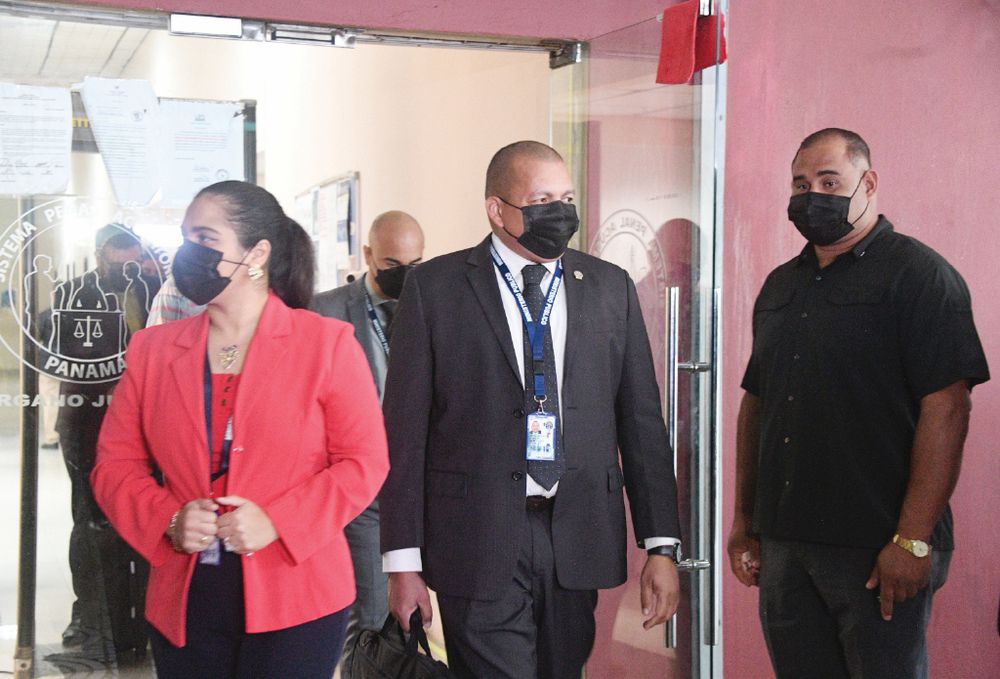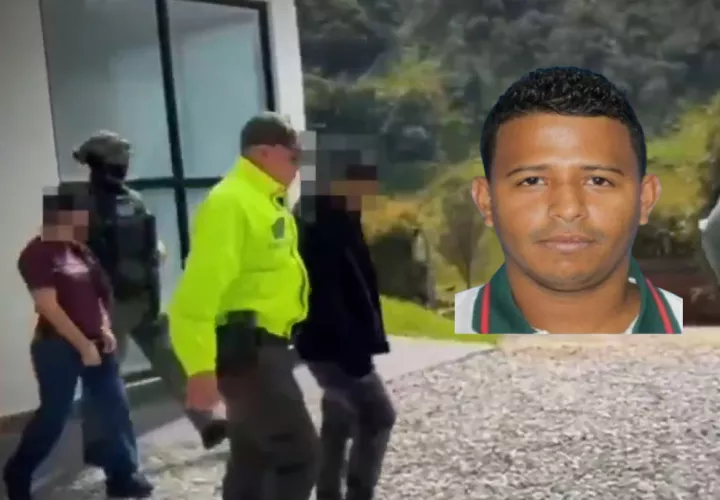Day 13 of Martinelli wiretap trial

On Friday, August 6 the thirteenth day of the illegal wiretapping trial of former President Ricardo Martinelli they reached page 887 of the second booklet of the marathon reading of the transcripts said prosecutor Ricardo González, spokesman for the Special Prosecutor’s Office against Organized Crime of the Public Ministry.
“We are close to finishing this booklet, giving all the information to the Court… proving how political leaders, leaders of civil society, were followed up and persecuted. there are personal conversations that I don’t know how that could affect national security. Each reading that is done is an element that is incorporated so that the court has the ability to make a decision in accordance with the law, “the prosecutor explained.
Martinelli’s lawyers continue to attack the reading. Alfredo Vallarino, called it a “waste of time,” and questioned that the prosecution could not read some 200 pages of the booklets.
The prosecutor responded “ There were 42 pages that they could not read. That is established, the Court has already said that what is not read is not going to be considered, “
While Carlos Herrera Delegado, a lawyer for Balbina Herrera, the complainant victim in the process, agreed with the prosecutor González that there is no doubt that “there were wiretaps.”
He added that the National Security Council stopped fulfilling its function of guaranteeing national security to focus “in a very premeditated way on political espionage.” He also talked about the unreadable pages. “There are a lot of pages that cannot be read. There are pages that have letters so tiny that the human eye cannot perceive them. (…) And the Public Ministry has no choice but to omit the reading. The omission of the reading does not affect any of the parties ”, he said.
Pegasus
The Pegasus Project, a journalistic investigation conducted by The Washington Post and 16 other outlets, revealed that as of 2016 Pegasus was used to tap into more than 50,000 phones in nations known to participate in the intrusion and surveillance of their citizens. But Panama was already ahead because in 2012 the Martinelli administration bought Pegasus from the Israeli company NSO Group, at a cost of $8 million.
On its website, the NSO Group company promotes itself as a company that “helps government agencies prevent and investigate terrorism and crime to save thousands of lives around the world.”





